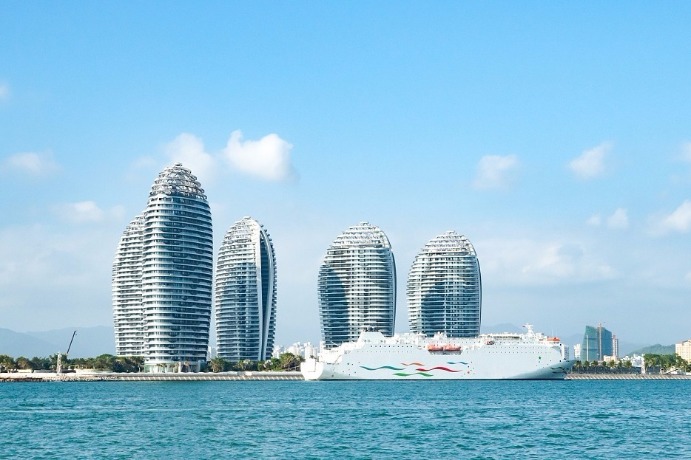“Corona”, a quaint whisper of a word, yet its presence has been circulating through every print medium and online platform, floating in everyone’s mind and stuck on repeat in every news station for nearly the entire year. It almost appears as though the name itself has become infectious – laying a heavy blanket of trepidation at the mere mentioning of the word. However, behind the dominant scenes of this year, many breakthroughs in terms of medicine, environment and humanities have been brewing almost quietly.
So, why don’t we try and bid 2020 farewell on a more positive note? As an avid reader of goodnews.eu, I will share and summarise some of the most exhilarating news of the past weeks alone, showing you that 2020 was not entirely dire.

from: imgur.com/gallery/IPAc1CV; © Futurama by Matt Groening und David X. Cohen
Medicine
Although scientists this year have been kept busy with SARS-CoV-2, not all researchers dedicated to medical disciplines have abandoned their posts. While our attention was directed elsewhere, scientists have had Covid-unrelated moments of success.
Good riddance, HIV
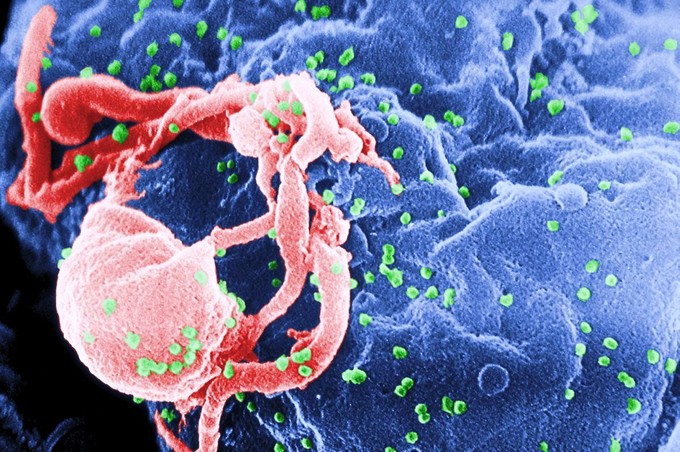
Another virus possessing a name riddled with infamy is HIV. Thanks to modern medical applications it has been possible to reduce the severity of natural pathogenesis and contagiousness. However, methods for preventing infection in the first place, such as vaccines, have long been under investigation. Among other factors, HIV’s high genetic diversity poses a challenge in developing a suitable vaccine as prophylaxis.
Nevertheless, a month ago, South African scientist Dr. Sinead Delaney Moraine announced launching the production of an injection. According to results collected in past years, this injection proved to be 98% more effective than current prevention pills on the market.
Bye-bye, wild poliovirus
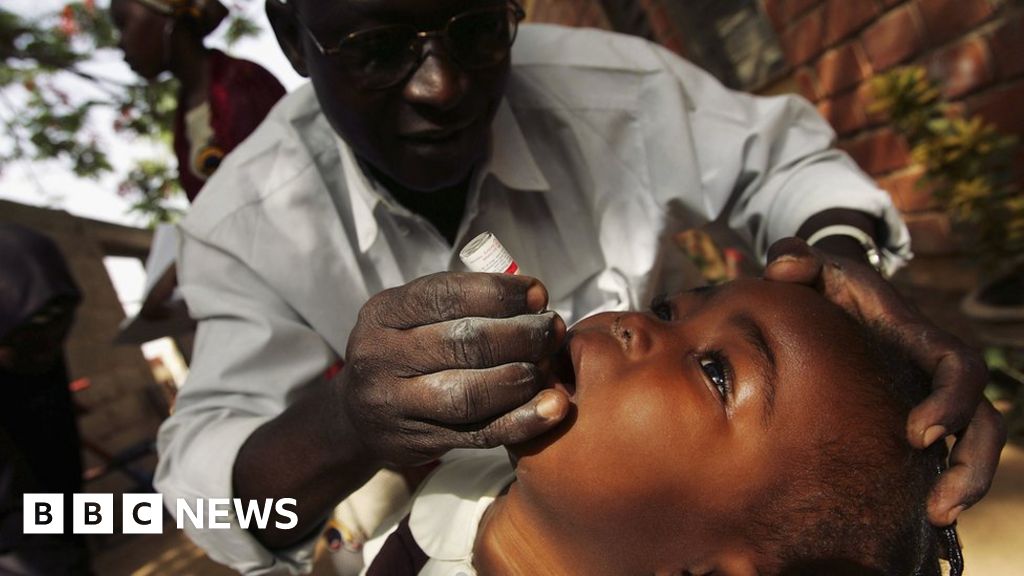
Africa is now officially declared polio-free. In Europe, wild polio has been wiped out since 1998 (with Czechoslovakia being the pioneer in 1994). How is eradication of wild poliovirus in a given geographical range determined? Easy: by monitoring the number of new infections. If a country reports no new cases of wild polio for 3-4 years, it is declared polio-free. Nigeria reported its last case in 2016, making it the last country in Africa to join the ranks. Only two more countries have yet to fully eradicate wild poliovirus: Afghanistan and Pakistan.
Farewell, diabetes – Hello, stem cell revolution

Upcoming treatment prototypes where patient-derived samples are used to generate tissue specific stem cells are a medical revolution deserving an entire article of their own. To keep it short, about a month ago, Canadian scientist Dr. James Sappiro illustrated yet another example of the implications stem cell therapy has to offer. He is known for developing the Edmonton protocol (cell transplantation for treating diabetes type 1), which has become a common medical procedure.
Now, he has come forward with another breakthrough – a way which could reverse diabetes, possibly curing the disease altogether. While more research still has to be done until becoming a standard procedure, these findings pave the road to a wide array of medical applications.
More groundbreaking news:
- Judit Giró Benet of the University of Barcelona invented Blue Box, a device which could make it possible for women to test breast-cancer from the comfort of their homes. A lot of potential rests in this device, considering the most common method for detection (mammography) is invasive and unreliable.
 Home cancer-screen kit and UV-harvesting windows win James Dyson AwardsA simple home test for breast cancer and a solar energy-harvesting window made of recycled materials are the big winners of this year’s James Dyson Awards. The annual competition encourages university students to develop innovative solutions to current problems.
Home cancer-screen kit and UV-harvesting windows win James Dyson AwardsA simple home test for breast cancer and a solar energy-harvesting window made of recycled materials are the big winners of this year’s James Dyson Awards. The annual competition encourages university students to develop innovative solutions to current problems. - A simple hydrogel injection with hyaluronic acid twice per year has potential in treating glaucoma without the need for surgery or medication.
Environment
While the global struggle of reaching net 0 of carbon emissions by 2050 is more important than ever, the notion of climate change mitigation being neglected due to Covid-19 is not entirely true. Many governments as well as individuals are shifting their behaviour and their views.
Servus, attitudes of change

Warnings of scientists and envrionmentalists regarding our planetary future fell on a high number of deaf ears in the past. It was troubling to see how many people did not recognise anthropogenic climate change as a threat, making it a matter of “belief” rather than a fact backed by meticulous science. However, a recent study carried out by UH Energy and the University of Houston Hobby School of Public Affairs concludes that this general consensus has shifted. Even habitants of one of the most notoriously “opinionated“ states have changed their views. As the title so fittingly describes: “Attitudes about climate change are shifting, even in Texas“.
Go away, fossil-fueled economy

At the beginning of December, the state of New York announced its divestment plans. You read that right – the goal is to terminate fossil-fueled investments by removing oil and gas stocks from their portfolio, starting with the most polluting sectors. In Europe, similar economic plans have become increasingly more popular, with Ireland being the first nation to divest fossil fuels in 2018. An overall number of 1307 institutions worldwide have already divested, a clear overview can be seen on this website.

Staying on topic, but relocating from U.S. into European territory – Denmark has decided to “put an end to the fossil fuel era” by cancelling all plans for pumping oil and gas in the north sea by 2050. These news are especially astounding considering Denmark is the largest producer in the European Union.
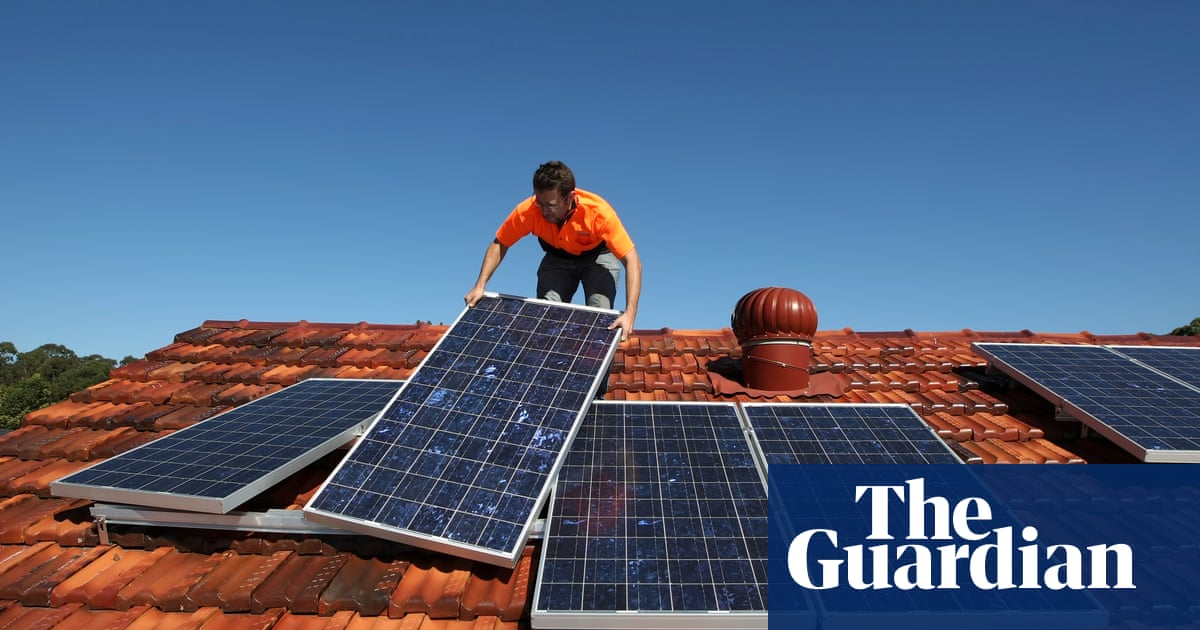
As you can see, not all is bleak – according to studies by the International Energy Agency, about 90% of new electricity generated in 2020 stemmed from renewable sources, only 10% from fossil fuels.
Welcome, food security

Denmark has also tackled yet another challenge humans are faced with in the near future: food security in an ever-growing population on a planet with limited space and resources. Vertical farms have begun gaining popularity all over the world, except for Europe – up until now. Such facilities are claimed to be self-sufficient and environment-friendly by naturally recycling water and fertilisers, as well as making the use of pesticides redundant. Albeit notorious for enormous energy drains, these Danish facilities are said to be sustainably powered through a number of windmills offshore.
Good day to you, solar energy storage

With renewable energy on the rise, one of the main technological obstacles lies within finding adequate means for long-term storage of generated energy. In regard to solar energy, researchers at Lancaster University have discovered a new material which not only captures energy from the sun, but also is capable of storing this energy for several months – if not longer – and releasing it on demand. This could lift the meteorological limitation of solar power – accessible energy even when exposure to sun is reduced.
More groundbreaking news:
- Tasmania has become the first Australian state to be powered 100% by renewable energy. They are ahead of their initial schedule, which was set to reach this goal by 2022.
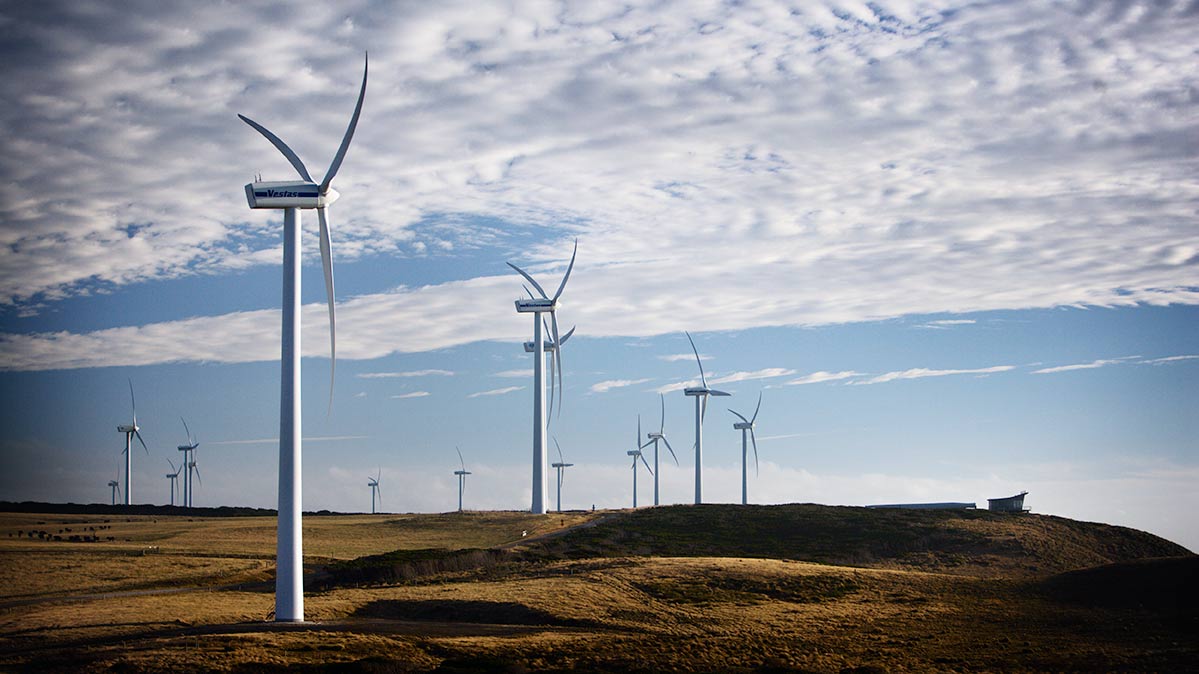 Tasmania declares itself 100 per cent powered by renewable electricityTasmania declares it now produces enough renewable electricity to meet 100 per cent of its needs, with wind turbines at Granville Harbour coming online.
Tasmania declares itself 100 per cent powered by renewable electricityTasmania declares it now produces enough renewable electricity to meet 100 per cent of its needs, with wind turbines at Granville Harbour coming online. - 14 Countries, which make up 40% of global coastlines and control 30% of the world’s ocean, have pledged to implement stricter fishing strategies by 2025 with the aim of creating a “sustainable ocean economy”. By doing this, members of the panel wish to curb negative impact of the fishing industry on our oceans.
 14 countries launch a new plan to achieve a ‘sustainable ocean economy’The group—including Norway, Canada, Japan, Australia, Ghana, and Fiji—makes up 40% of the world’s coastlines, controls 30% of the world’s oceans, and has pledged to implement strict goals by 2025 to achieve healthier oceans.
14 countries launch a new plan to achieve a ‘sustainable ocean economy’The group—including Norway, Canada, Japan, Australia, Ghana, and Fiji—makes up 40% of the world’s coastlines, controls 30% of the world’s oceans, and has pledged to implement strict goals by 2025 to achieve healthier oceans. - While the Australian Great Barrier Reef has been deteriorating due to bleaching of algea causing them to expel symbiotic fungi out of stress, new hope arises as another reef was discovered in Australia…
 AUSTRALIAN SCIENTISTS DISCOVER 500 METER TALL CORAL REEF IN THE GREAT BARRIER REEF-FIRST TO BE DISCOVERED IN OVER 120 YEARS - Schmidt Ocean InstituteCAPE YORK, AUSTRALIA – Scientists have discovered a massive detached coral reef in the Great Barrier Reef–the first to be discovered in over 120 years, Schmidt Ocean Institute announced today. Measuring more than 500m high–taller than the Empire State Building, the Sydney Tower and the Petronas Twin…
AUSTRALIAN SCIENTISTS DISCOVER 500 METER TALL CORAL REEF IN THE GREAT BARRIER REEF-FIRST TO BE DISCOVERED IN OVER 120 YEARS - Schmidt Ocean InstituteCAPE YORK, AUSTRALIA – Scientists have discovered a massive detached coral reef in the Great Barrier Reef–the first to be discovered in over 120 years, Schmidt Ocean Institute announced today. Measuring more than 500m high–taller than the Empire State Building, the Sydney Tower and the Petronas Twin…… as well as East Africa
 Coral Sanctuary Discovered off Kenyan and Tanzanian CoastThousands of years ago, glacial runoff from Mount Kilimanjaro formed a deep basin off the coast of East Africa. Today, this oasis of deep, cool water provides coral reefs and marine life with a sanctuary from the rising temperatures of the climate crisis, allowing biodiversity to thrive.
Coral Sanctuary Discovered off Kenyan and Tanzanian CoastThousands of years ago, glacial runoff from Mount Kilimanjaro formed a deep basin off the coast of East Africa. Today, this oasis of deep, cool water provides coral reefs and marine life with a sanctuary from the rising temperatures of the climate crisis, allowing biodiversity to thrive. - Thanks to rewildering projects in Spain, the local Iberian lynx population, prior on the brink of extinction, has recovered.
 Iberian Lynx continues to flourish after successful conservation effortsTwo decades ago, it was hard to see how the Iberian Lynx would survive with fewer than 100 of them thought to still be alive. However, thanks to conservation efforts, captive breeding and habitat management, their numbers are soaring
Iberian Lynx continues to flourish after successful conservation effortsTwo decades ago, it was hard to see how the Iberian Lynx would survive with fewer than 100 of them thought to still be alive. However, thanks to conservation efforts, captive breeding and habitat management, their numbers are soaring - “Disposable plastic bags and tableware that are non-degradable have been banned from production, sale and use starting Tuesday in China’s island province of Hainan.”
Humanities
2020 was not only full of medical and environmental milestones, but has also seen some humanitarian wholesomeness.
Get lost, terrorism

While the devastating terror attack which has shaken Austria this year should not be taken lightly, a report published by the Institute for Economics & Peace (IEP) in Australia helps to spread positive news in this dire circumstance. Mentioned within the report is the finding that according to the Global Terrorism Index for 2020, casualties resulting from terrorism have decreased by 59% for the past five years, in comparison to their peak in 2014.
Nice meeting you, Internet for everyone

For many of us, accessing reports, such as the previous one by IEP, scientific gene-databases, or even just the usual Wikipedia article is as easy as connecting to the internet and typing a search request. We can use this resource to educate ourselves or learn new skills. However, over 3 billion earthly citizens live in remote areas with challenging accessibility, proving implementation of necessary internet infrastructure challenging. Project Taara is supposed to change this demographic gap of connectivity by using beams of light to transfer data to remote locations instead of cables.
Good bye, middle-man – bonjour, helping individuals directly

Internet aside, mobile connectivity is equally as important. Especially in countries where mobile phones are an essential tool for payment – such as in Africa. Be it because of greedy corrupt governments on the receiving end or dubious political interests on the giving end, financial aid for developing countries has long stood in justified infamy. But – what if we cut the middleman, giving the aid directly to the people in need? How could we even assess who these “people in need” are? Using an algorithm developed by researchers at Berkeley University, which analyses phone metadata, it was possible to successfully make direct cash payments to individuals in Togo.
Greetings, equity – oh, and thanks for my sweater!

Via mobile metadata is not the only way to give directly to individuals. Most of us are guilty of buying mass produced clothing in order to soothe our tight budget – a large proportion of the money usually landing in pockets where it is already abundant. Now imagine you could directly imburse the person who manufactured your favourite sweater by leaving them a tip of your choice. “TipMe” is striving to make this possible. By the end of 2020, the number of brands which support TipMe are said to expand even further.
More groundbreaking news:
- “Sudanese authorities have announced they will end child marriage and enforce the country’s ban on female genital mutilation (FGM), in a major step forward for the rights of women and girls.”
 Sudan says it will stamp out child marriage and enforce ban on FGMPolice told to enforce law against cutting girls passed in July as country says it will adhere to African charter on child rights
Sudan says it will stamp out child marriage and enforce ban on FGMPolice told to enforce law against cutting girls passed in July as country says it will adhere to African charter on child rights - “[…] Aruquipa and Montano become the first homosexual couple in Bolivia to earn the marriage equality they’ve been fighting for for years. Behind them, a grueling battle full of hostility, in a country in which the Catholic and Protestant churches still have a major influence.”
 Bolivia recognizes first same-sex marriage | DW | 19.12.2020One small step for David and Guido, one giant leap for Bolivia. Their legal marriage represents a milestone for same-sex marriage in the conservative Catholic country.
Bolivia recognizes first same-sex marriage | DW | 19.12.2020One small step for David and Guido, one giant leap for Bolivia. Their legal marriage represents a milestone for same-sex marriage in the conservative Catholic country. - “A joint sitting of both houses of Bhutan’s parliament approved a bill on Thursday to legalize gay sex, making the tiny Himalayan kingdom the latest Asian nation to take steps towards easing restrictions on same-sex relationships.”Bhutan parliament decriminalizes gay sexThe Himalayan kingdom is the latest Asian nation to ease restrictions on same-sex relationships
Not all is bad
Hopefully, these articles succeeded in proving to you that the unpredictability of 2020 has not entirely been devastating. Keep in mind that these articles only cover a small fraction of the year. In case you need more convincing to accept the optimism hiding behind a mask of virulence, use the internet!
After all, the news you are able to access are not dictated by one single national news entity anymore – the type of media you consume is entirely up to you. Open your eyes and try to see the bigger picture, even if it requires you to dig a little deeper in order to find gold.
That being said, I wish you a Happy New Year and may all obstacles in your path be overcome on your way to reach for the clouds.
These articles were selected from goodnews.eu, a platform which aims to collect positive and groundbreaking news from different sectors and news institutions all over the world. In order to preserve the original content for most articles, I merely scratched the surface of each topic. For further details please visit the linked websites directly.


